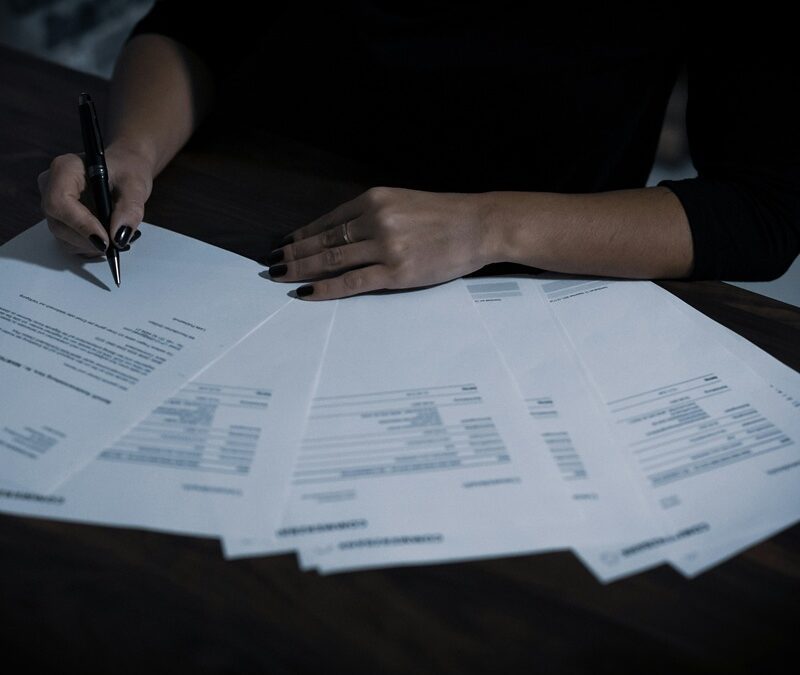Managing The Risks Around NDAs
Managing The Risks Around NDAs
Managing The Risks Around NDAs
Managing The Risks Around NDAs
Although it is seven years since Harvey Weinstein was exposed, the wide-reaching ramifications of the scandal continue, especially regarding Non-Disclosure Agreements (NDAs). Earlier this month, the Legal Services Board (LSB) published its report on the misuse of NDAs, which was based on evidence submitted by several stakeholders, including those who regularly use employment law advice, unions, and regulators. Although it focuses on the conduct of Solicitors, HR teams, in-house counsel, and employers need to be aware of the report’s details as it will help them manage risks around presenting an NDA to an employee.
What is an NDA?
An NDA is a legal contract between the giver and receiver of confidential information. It assures employers that they have a legal comeback if confidential information is disclosed. An NDA also ensures there is no ambiguity as to what information is confidential.
Most employers use a Solicitor or in-house counsel to draft an NDA. The person signing the NDA should seek legal advice regarding the terms of the NDA, especially if the contract is related to a Settlement Agreement which flows from a discrimination claim, grievance, or sexual harassment complaint.
A basic NDA form should include the following:
- The names of the parties to the agreement.
- What confidential information the NDA seeks to protect.
- An obligation that the receiver keeps the information confidential and only use it for legitimate purposes specified in the NDA.
- The legitimate purposes for which the receiver can divulge the confidential information and the people to whom they can make a disclosure.
- How the information will be held whilst being used and disposed of once the project has finished.
- How long the agreement will apply.
An NDA cannot prevent someone from:
- Whistleblowing
- Reporting a crime to the relevant authorities.
- Discussing pay with someone in connection with equal pay.
What are the concerns about NDAs?
Stakeholders who offered evidence to the LSB provided examples of NDAs that were technically legal but unethical. The main examples cited were NDAs being used to conceal bullying, settlements over consumer products, and construction and building disputes. Examples of alleged illegal activity reported by respondents as having been concealed by NDAs included unlawful harassment and discrimination (e.g., on the grounds of sex, race, disability, and maternity), sexual assault and abuse, fraud and tax evasion.
The power imbalance posed by NDAs between employers and employees was also raised as a serious concern. By the nature of the relationship, employees are in a vulnerable position as they rely on an employer for their livelihood and a positive reference.
Do NDAs have negative impacts on employees?
The report emphasised the impact an NDA could have on an employee, making for disturbing reading. Highlights include:
- 95% of those who signed an NDA said they have ongoing mental health problems.
- Many of those who signed an NDA could not seek support from family and friends due to the clauses in the agreement and the sensitive nature of their situations.
- Respondents reported finding it challenging to find new employment as their NDA constrained them from commenting on why they had left their previous position or answering speculation about why they left.
- Some respondents also reported on the impact of NDAs on fair workplaces, with one respondent noting that NDAs can enable individual employers to engage in repeated acts of discrimination without being exposed.
Can I mitigate risks to my commercial reputation by insisting an employee receives independent legal advice before signing an NDA?
Although it is always best practice to get an employee to seek independent legal advice before signing an NDA, the LSB report highlighted several significant shortfalls in the performance of Solicitors advising on NDAs, including:
- Solicitors failing to explain the NDA’s impact and/or its terms and conditions.
- A lack of sensitivity when advising vulnerable individuals who are already traumatised by events at work.
- People feeling they had no option but to sign an NDA and later regretting it.
How can I ensure my company’s NDAs are legal, ethical, and free from potential challenge?
It is crucial to choose a Solicitor experienced in risk management and commercial law to draft your NDAs. They have the expertise and experience to ensure your NDAs are tailored to the unique circumstances for which they are required. Most importantly, they will protect your business interests and craft a legal and ethical NDA. This is not always easy, and you may be challenged on some of the terms you wish to include. However, a Solicitor’s job is to advise you and protect your best interests, and often this means pointing out what you should not do to ensure you do not face negative consequences in the future.
To find out more about how our team can provide assistance with NDAs and contract disputes, please email us at info@43legal.com or phone 0121 249 2400.
The content of this article is for general information only. It is not, and should not be taken as, legal advice. If you require any further information in relation to this article, please contact 43Legal.











